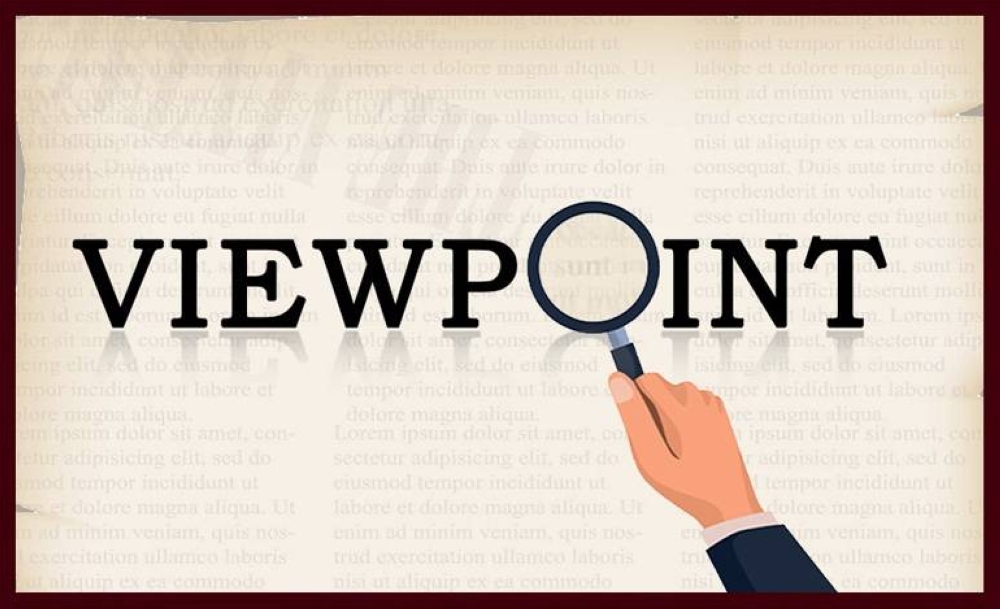The term ‘risk of extinction’ has been around for ages. If global warming, food scarcity and nuclear war were hitherto among the major threats to humanity, experts have now added artificial intelligence (AI) also to the list. The most recent warning in this regard came last Tuesday when scientists and tech industry leaders, including high-level executives at Microsoft and Google, issued a new warning about the perils that artificial intelligence poses to humankind. “Mitigating the risk of extinction from AI should be a global priority alongside other societal-scale risks such as pandemics and nuclear war,” the statement said.
Sam Altman, CEO of ChatGPT maker OpenAI, and Geoffrey Hinton, a computer scientist known as the godfather of AI, were among the hundreds of leading figures who signed the statement, which was posted on the Center for AI Safety’s website. Worries about AI systems outsmarting humans and running wild have intensified with the rise of a new generation of highly capable AI chatbots such as ChatGPT. It has sent countries around the world scrambling to come up with regulations for the developing technology, with the European Union blazing the trail with its AI Act expected to be approved later this year.
The latest warning was intentionally succinct — just a single sentence — to encompass a broad coalition of scientists who might not agree on the most likely risks or the best solutions to prevent them, said Dan Hendrycks, executive director of the San Francisco-based nonprofit Center for AI Safety, which organised the move. “There’s a variety of people from all top universities in various different fields who are concerned by this and think that this is a global priority,” he explained. “So we had to get people to sort of come out of the closet, so to speak, on this issue because many were sort of silently speaking among each other.”
More than 1,000 researchers and technologists, including Elon Musk, had signed a much longer letter earlier this year calling for a six-month pause on AI development, saying it poses “profound risks to society and humanity.” That letter was a response to OpenAI’s release of a new AI model, GPT-4, but leaders at OpenAI, its partner Microsoft and rival Google didn’t sign on and rejected the call for a voluntary industry pause. By contrast, the latest statement was endorsed by Microsoft’s chief technology and science officers, as well as Demis Hassabis, CEO of Google’s AI research lab DeepMind, and two Google executives who lead its AI policy efforts. The statement doesn’t propose specific remedies but some, including Altman, have proposed an international regulator along the lines of the UN nuclear agency.
The letter also was signed by experts in nuclear science, pandemics and climate change. Among the signatories is the writer Bill McKibben, who sounded the alarm on global warming in his 1989 book The End of Nature and warned about AI and companion technologies two decades ago in another book. “Given our failure to heed the early warnings about climate change 35 years ago, it feels to me as if it would be smart to actually think this one through before it’s all a done deal,” he was quoted as saying.
David Krueger, an assistant computer science professor at the University of Cambridge, who helped push for the letter said he used to be mocked for his concerns about AI existential risk, even as rapid advancements in machine-learning research over the past decade have exceeded many people’s expectations. His statement makes a lot of sense. “I’m not wedded to some particular kind of risk. I think there’s a lot of different ways for things to go badly. But I think the one that is historically the most controversial is risk of extinction, specifically by AI systems that get out of control.” This is precisely, the risk that the world is facing from AI.
Opinion
How valid is the risk of extinction from AI?
Mitigating the risk of extinction from AI should be a global priority, say scientists and tech industry leaders

